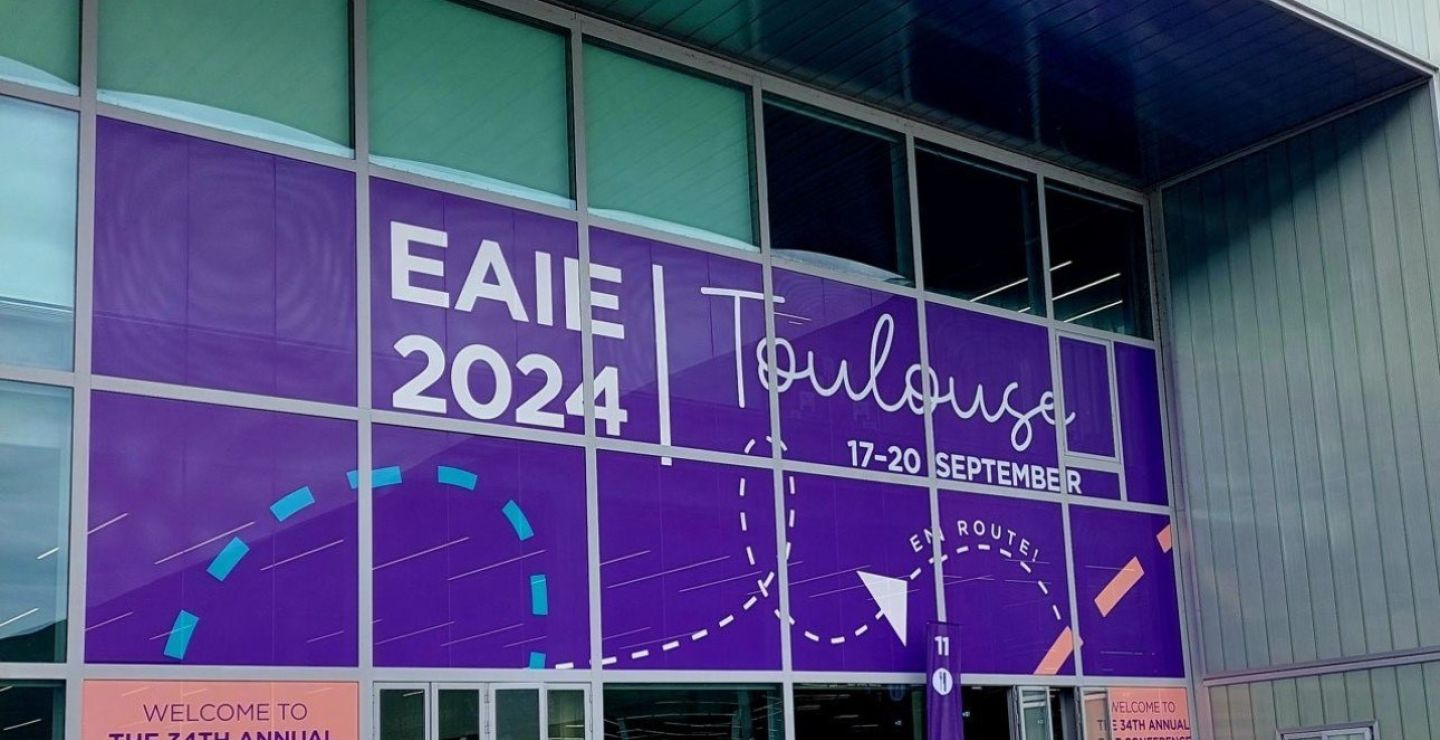International Business

What is the Course about?
Culture, language, political systems, geography, finance and socio-economic factors all shape and influence business and must be understood by organisations wishing to conduct business in a global marketplace. An international business degree equips students with the skills to manage people, diversity in culture, and ways of conducting business in a diverse marketplace.
Course Structure
Students who choose the International Business option in Year 3 study specialist subjects in more detail including International Marketing; International Business Culture; Business Research Methods; and International Business. Additional specialist subjects can be chosen from the elective list, depending on the student's area of interest.
Is this course for you?
Are you interested in living, working and traveling to other countries? Would you like to work in a multinational company with people from all over the world? Or maybe work with Irish companies in expanding internationally?
If you have you an outward perspective and an interest in international affairs, then this might be the course for you.
Special Features:
-Year 1
| Semester 1 | Semester 2 |
|---|---|
| Business Financial Accounting 1 (M) | Business Financial Accounting 2 (M) |
| Communications and Academic Writing (M) | Data Analysis for Business 1 (M) |
| Microeconomics (M) | Macroeconomics (M) |
| IT for Business 1 (M) | Management in Action (M) |
| An Introduction to Management Theory (M) | Business Psychology 1 (M) |
| Quantitative Techniques 1 (M) | Quantitative Techniques 2 (M) |
M is a mandatory subject - E is an elective subject
Year 2
| Semester 3 | Semester 4 |
|---|---|
| Business Cost Accounting (M) | Business Management Accounting (M) |
| Data Analysis for Business 2 (M) | Macroeconomy of Ireland (M) |
| Business Law 1 (M) | Business Law 2 (M) |
| Human Resource Management 1 (M) | Supply Chain Management (M) |
| Introduction to Marketing (M) | Contemporary Marketing Practice (M) |
| Business Psychology 2 (E) | Intermediate Financial Accounting 2 (E) |
| Intermediate Financial Accounting 1 (E) | Human Resource Management 2 (E) |
| IT for Business 2 (E) |
M is a mandatory subject - E is an elective subject
Year 3
| Semester 5 | Semester 6 |
|---|---|
| Organisational Behaviour 1 (M) | Work Placement (E) |
| International Business Culture (M) | Study Semester Abroad (E) |
| Business Finance (M) | Business Internship Project - International Business (E) |
| Global Market Assessment and Selection (M) | Business English 2 (E) |
| Managerial Economics (E) | Organisational Behaviour 2 (E) |
| Business Information Systems 1 (E) | Global Supply Chain Management (E) |
| Business English 1 (E) | Global Marketing Strategy (E) |
| Contemporary Issues in HRM (E) | |
| Purchasing and Supplier Management (E) |
M is a mandatory subject - E is an elective subject
Year 4
| Semester 7 | Semester 8 |
|---|---|
| Strategic Analysis (M) | Applied Business Solutions (M) |
| The Global Economy 1 (M) | The Global Economy 2 (M) |
| International Business (M) | Strategic Positioning (M) |
| Strategic Financial Management (M) | Industrial Relations 2 (E) |
| Enterprise Development I (E) | Organisational Behaviour 2 (E) |
| Industrial Relations 1 (E) | Corporate Finance (E) |
| Global Logistics (E) | Global Marketing Strategy (E) |
| Sustainable Marketing (E) | Enterprise Development II (E) |
| Business Information Systems 2 (E) | Global Supply Chain Management (E) |
| Business Information Systems 3 (E) | |
| Corporate Social Responsibility (E) |
M is a mandatory subject - E is an elective subject
What are the minimum entry requirements?
2 subjects: H5
4 subjects: O6/H7
English or Irish: O6/H7
Mathematics: O6/H7
What follow-on study opportunities are available?
Graduates who achieve a minimum of a second-class honours degree are eligible to apply to undertake a Research or Taught Masters at SETU or other institutions.
- Work Placement is an integral part of the course in Year 3.
- Maximum flexibility enables students to choose a specialty after Year 2.
- Exit Awards: Higher Certificate in Business (NFQ Level 6) after Year 2 and Bachelor of Business (NFQ Level 7) after Year 3.
What will I be able to do when I finish the course?
An International Business Degree enables graduates to embark on a career path with plenty of flexibility and variety. Graduates of this course will have excellent employment opportunities with global organisations and with domestic companies with international importing and exporting operations. Typical roles include international marketing, sales management and customer service management. Many graduates start their careers with domestic operations of an organisation and then progress to managing and co-ordinating global operations.
Course Leader










